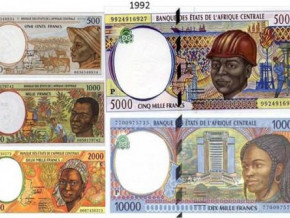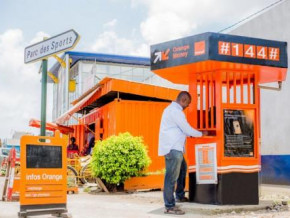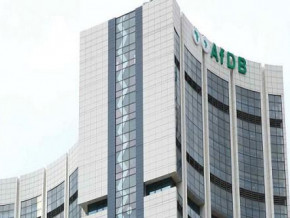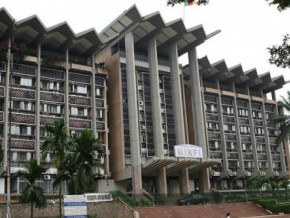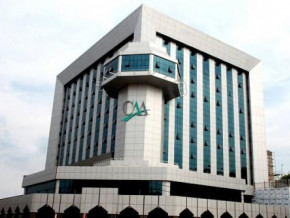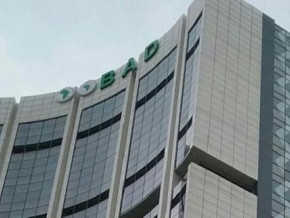
Cameroon secures major AfDB funding for development projects in Far North region

(Business in Cameroon) - On April 12, during the official inauguration of its Central Africa regional office in Yaoundé, the African Development Bank (AfDB) signed a CFA133 billion financing agreement with Cameroon. The deal is aimed at implementing the Territorial Management and Private Sector Promotion Project in Cameroon’s Far North region, according to the Ministry of Economy, Planning, and Regional Development (Minepat).
This agreement sets the stage for the rehabilitation of the road sections from Moutourwa to Maroua (36 km) on National Road No. 1 and from Magada to Yagoua (137 km) on National Road No. 12. Specifically, the project will allocate over CFA104 billion (currently worth €159.072 million) to develop “resilient infrastructure.”
On December 19, the Minister of Public Works, Emmanuel Nganou Djoumessi, issued an international tender for the rehabilitation work divided into three lots: Moutourwa-Maroua (36 km), Magada-Guidiguis (68.30 km), and Guidiguis-Yagoua (68.70 km), totaling 173 kilometers of roads. Bidders had until February 16, 2024, to submit their proposals, with work expected to start within the year, although a specific date has not yet been announced by the authorities.
For this contract, Cameroon will make payments using the direct payment disbursement method, as outlined in the AfDB's guidelines for disbursements under project financing. The "taxes" part of this market will be co-financed by the Cameroonian state, we learn.
According to the AfDB, rehabilitating the aforementioned road sections and urban roads in Maroua and other localities should significantly enhance traffic flow and safety. This project is expected to increase trade between Cameroon, Nigeria, and Chad. It will connect the cities of Garoua and Maroua to Bongor in southern Chad via Yagoua. This includes a bridge over the Logone River, currently being built with funding from the Bank and the European Union (EU).
This financing agreement comes nearly six months after the AfDB announced it had approved a loan of €203.11 million for Cameroon as part of this project. The objective is to contribute to territorial management, enhance the transport system, and promote the private sector for the emergence of an integrated and sustainable development hub in the Far North, a crucial sub-regional crossroads between three of the four countries in the Lake Chad basin (Cameroon, Nigeria, and Chad). However, the region faces ongoing development deficits and insecurity issues linked to the terrorist group Boko Haram, along with a concerning environmental crisis due to climate change.
Mags frontpage
- Most read 7 days
- shared 1 month
- read 1 month



